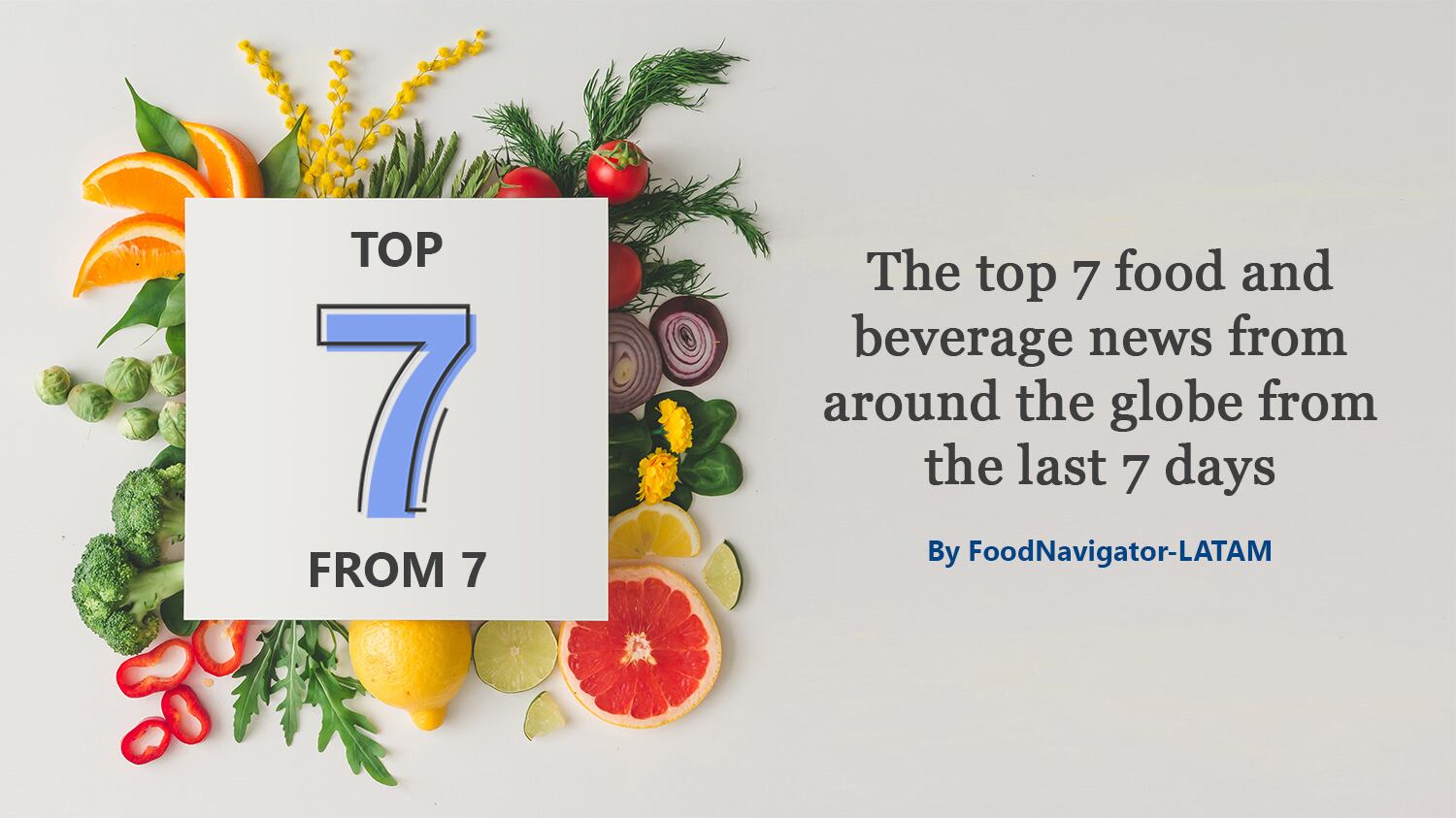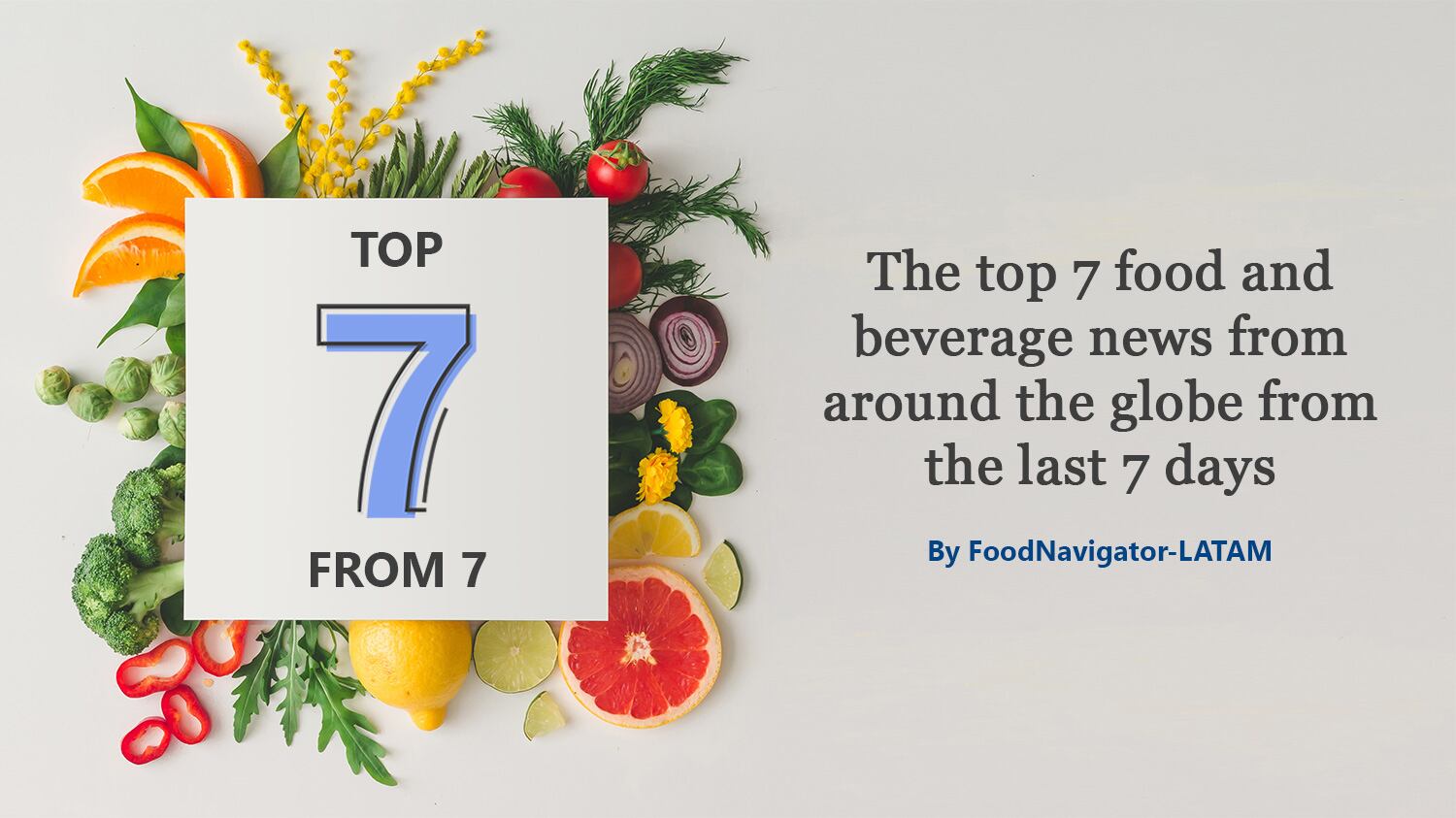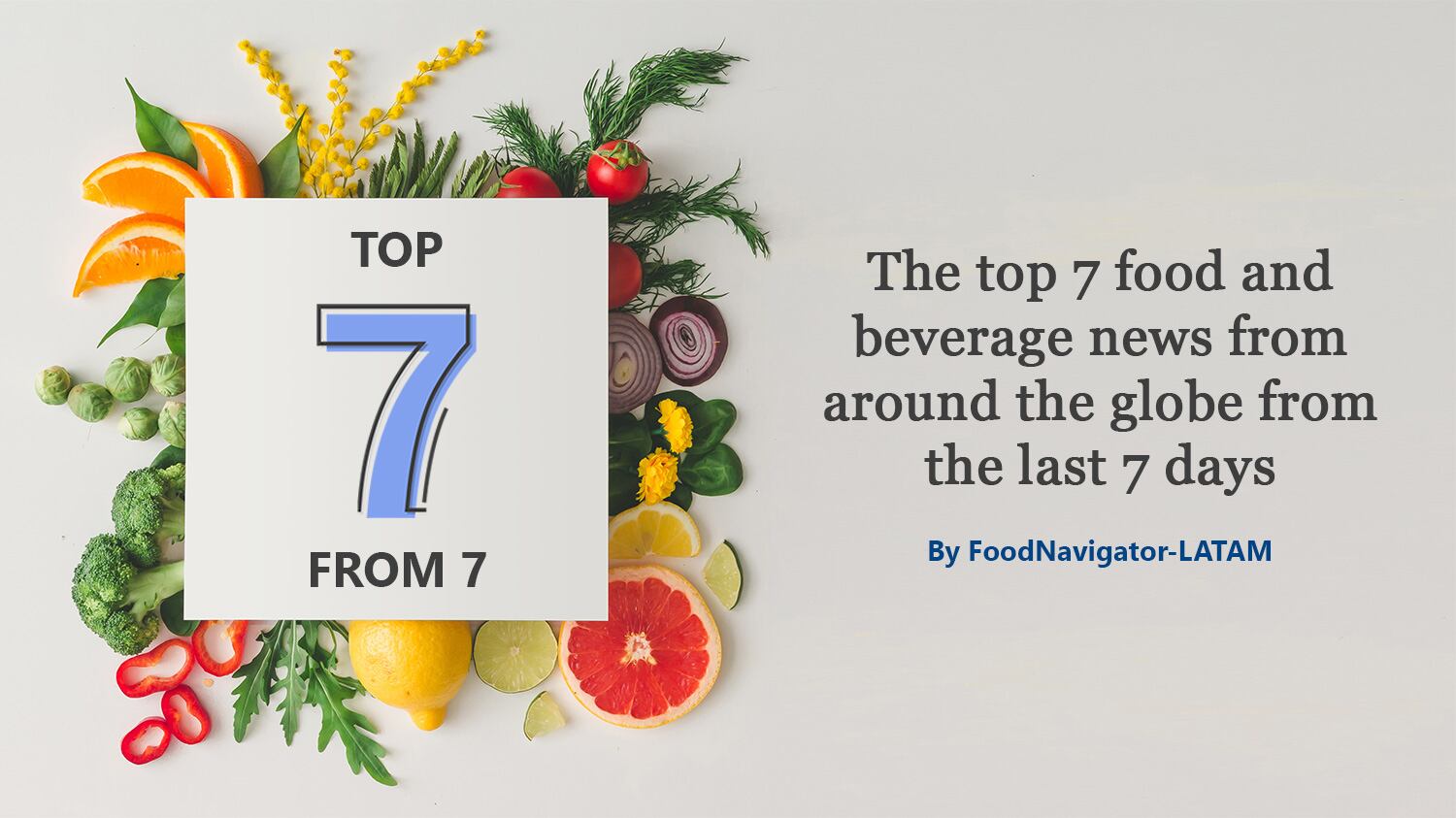USA
To start this week, we look at the joint venture between Kraft Heinz and US entertainment mogul Oprah Winfrey. Mealtime Stores is extending its O, That’s Good brand with premium frozen pizzas featuring a cauliflower crust. The range initially offers four varieties: Pepperoni, Five Cheese, Supreme and Fire Roasted Veggie.
“I am always looking to add a nutritious twist to my foods, so we made part of the crust in my new pizza with cauliflower while maintaining that classic, cheesy pizza flavor you and your family love,” said Winfrey.
According to Nielsen, annual US sales of frozen foods are $53bn industry, with frozen meals and appetizers making up 35% of the frozen-food aisle and sales growing at 3%, the highest in five years.
Our next key news item concerns clean meat, or meat cultured from animal cells grown outside the animal without the need for slaughter. According to kosher certification agency the Orthodox Union, this technology could have a profound impact on the kosher food community and “dramatically lower the cost of kosher meat”.
Speaking with our US edition, Rabbi Menachem Genack, CEO of the kosher division of the Orthodox Union, said: “We’re very excited about this technology because the carbon footprint of cattle in the US is very large, so there will be a positive impact on the environment.
“But for the kosher consumer specifically, this is very exciting because it could dramatically lower the cost of meat. Right now, we accept only about 40% of animals that are slaughtered as you have to check there are no punctures or lesions on the lung and so on, and most [Jewish] communities in the US – although it’s different in Israel - don’t use the hind quarters of an animal as it has the forbidden fats and the sciatic nerve, which is not permitted based on biblical law.
“If they produce meat synthetically, so to speak, we’d accept 100% of the meat as kosher.”
Our last news to note from North America concerns probiotics, a booming category that is extending into new and innovative product categories, including oatmeal, granola, pancake mix, and trail mix.
According to a recent survey, 83% of consumers are familiar with probiotics and 53% think that they have a positive impact on health. In addition, a similar survey found that “probiotics” is a term that consumers associate with digestive health, but also other benefits including immune health and general wellbeing.
Recent launches in the breakfast segment, such as probiotic oatmeal by thinkThin, makes it easier to consumer probiotics every day, according to Don Cox, director of R&D, GanedenBC30, Kerry.
Adding a probiotic boost to indulgent categories such as chocolate products is another way to inject some growth into the category and is trend that is growing within the confectionery sector, Cox added.
Europe
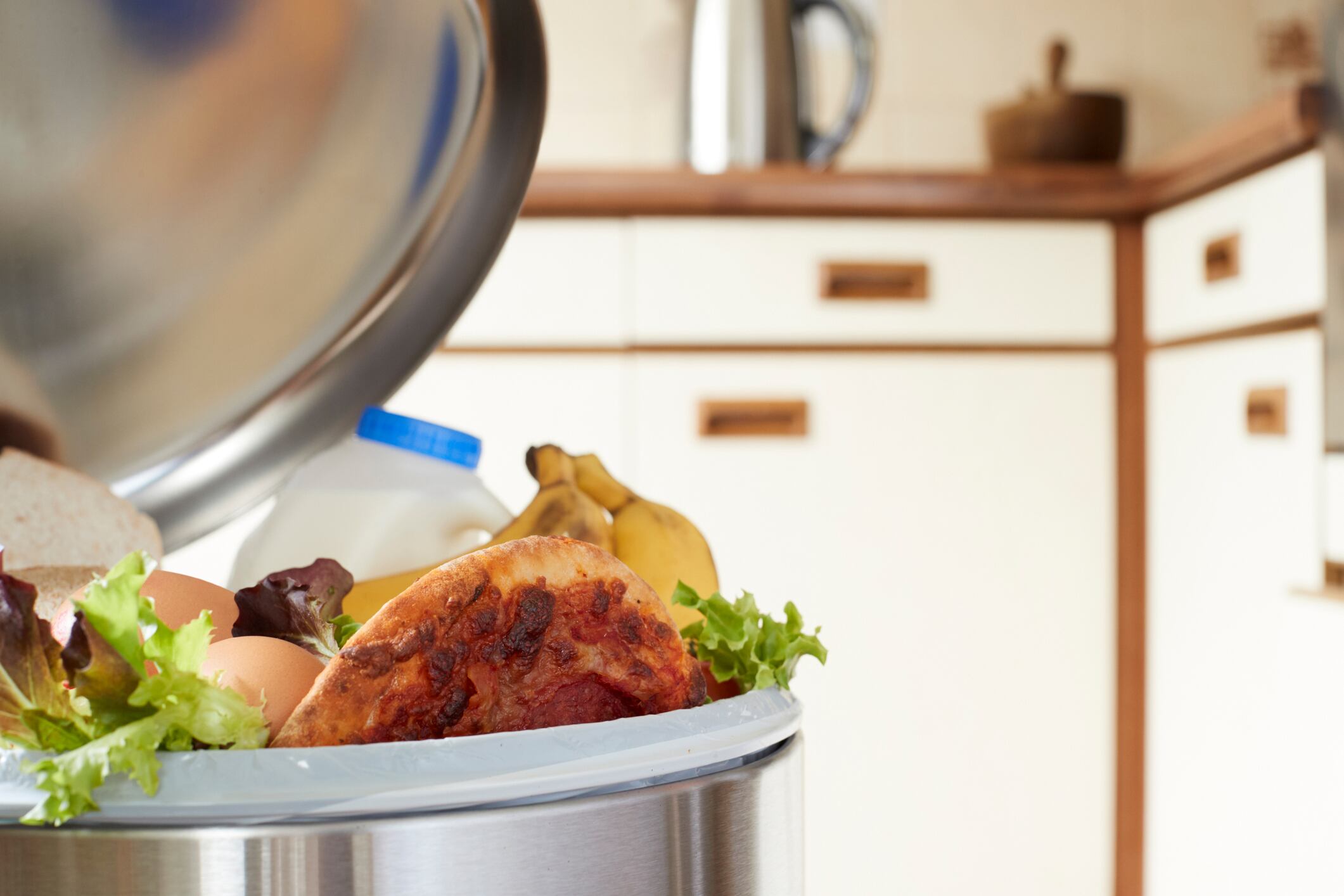
There is much talk around the world of how to deal with the problem of food waste. Indeed, over 130 billion pounds of food is lost or wasted every year in the US, and that is mostly nutritious foods like fruits, vegetables, dairy and grains. Across the Atlantic and the food currently wasted in Europe could feed an estimated 200m people.
Such startling statistics are spawning a host of start-ups looking to upcycle this waste, with early movers including Rise Products (flour made from spent brewers’ grains), WTRMLN WTR (made from flesh and rind), ReGrained (snack bars made from spent brewers’ grains), Forage Project (chips made from fruit pulp), and Barnana (snacks made from upcycled bananas), to name but a few.
LeanPath is a technology company focused on cutting food waste. According to a recently interview with Sam Smith, LeanPath’s marketing director, the company is already present in 32 countries worldwide and the group has seen significant growth in Asia. The initial focus is on food service, said Smith: “We have set a goal of deploying LeanPath tools in 500,000 kitchens by 2030.”
LeanPath has reportedly developed a set of technological solutions that, the company believes, can change how commercial kitchens operate.
“Our software does a few things. It analyses all that food waste tracking: where before kitchen staff simply discarded food waste, they now have deep understanding of what is being wasted and why. The software also does things like automatic goal setting based on a site’s top waste items, and real-time alert generation to let chefs know when, for instance, a high-cost item is being wasted. With that data and with those prompts to take action—not to mention our coaching—kitchens develop targeted strategies to prevent that waste from happening.
“We’re currently focused on foodservice, but within that we’re broadening our reach,” Smith revealed.
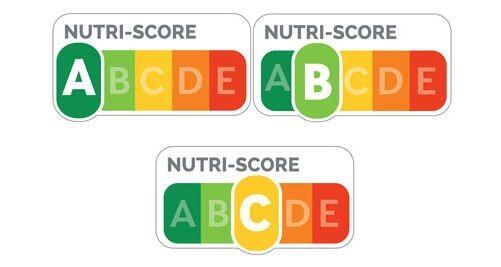
In news that may have implications for Mexico, and even with the ongoing debate over nutritional labeling in Brazil, it was reported last week that Belgium has followed France's lead and announced it is introducing the NutriScore labelling scheme.
Belgian public health minister Maggie De Block said that the NutriScore system was the preferred choice over other labelling systems, such as the UK’s traffic light scheme, because tests in France – where it has already been adopted – show it has “greater impact” on buying behaviors than other systems.
Indeed, this was recently confirmed by French retailer E.Leclerc in survey of 300,000-consumers, which showed NutriScore is best in encouraging healthy food choices, especially among younger shoppers and those from lower socio-economic backgrounds.
NutriScore ranks foods from -15 for the 'healthiest' products to +40 for those that are 'less healthy'. On the basis of this score, the product receives a letter with a corresponding color code: from dark green (A) to dark red (F).
However, the system will remain voluntary for industry and industry support is necessary to make it work. “No producer or distributor of food will be obliged to use it,” said De Block.
Asia
Moving to Asia now and news of a new $40m-a-year scheme to sustainably grow New Zealand's food and fiber sectors, which already delivered over $42 billion in export revenue last year.
“We are moving from volume to value. New Zealand’s commodity growth drive has come at the expense of the vital natural resources we need for our primary sector – our soil, water and social license to operate,” said
“With a budget of $40 million a year, SFF Futures [Sustainable Food & Fibre Futures] provides a single gateway for farmers and growers to apply for investment in a greater range of projects that deliver economic, environmental and social benefits that flow through to all Kiwis,” said Damien O’Connor, the country’s agriculture minister.
Rounding out this week’s top seven is news from Australia of Whole Kids, an organic children's snack company, targeting China as it seeks to build on a 30% rise in sales in the last year.
Whole Kids reportedly has Australia’s largest range of organic snacks for kids, with over 50 product lines across infant and health food categories.
“One of our biggest challenges is overcoming the marketing tactics of big junk food brands who contract up customers by offering large incentives for exclusive supply,” said Monica Meldrum, co-founder of Whole Kids.
“Huge advertising budgets of these brands means we have to think smarter and act differently to get our voice heard.”
The company has succeeded so far, with products available in Australia and international markets. They are sold in over 2,000 retail outlets as well as directly online
“We plan to continue this growth and expansion into the future to further grow our business to become a truly global leader in kids’ health,” added Meldrum.
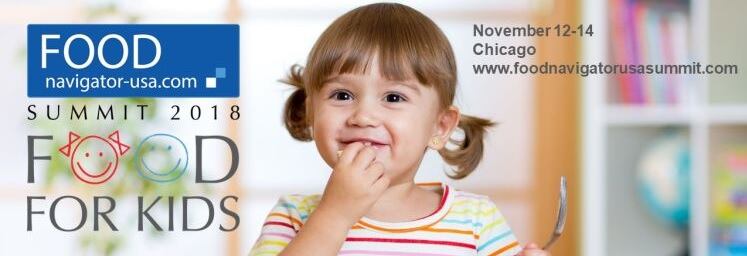
Want to know more about trends impacting what children are eating both at school and at home? Join us in Chicago in November for FoodNavigator-USA's Summit: Food For Kids. Get all the details and register HERE.


